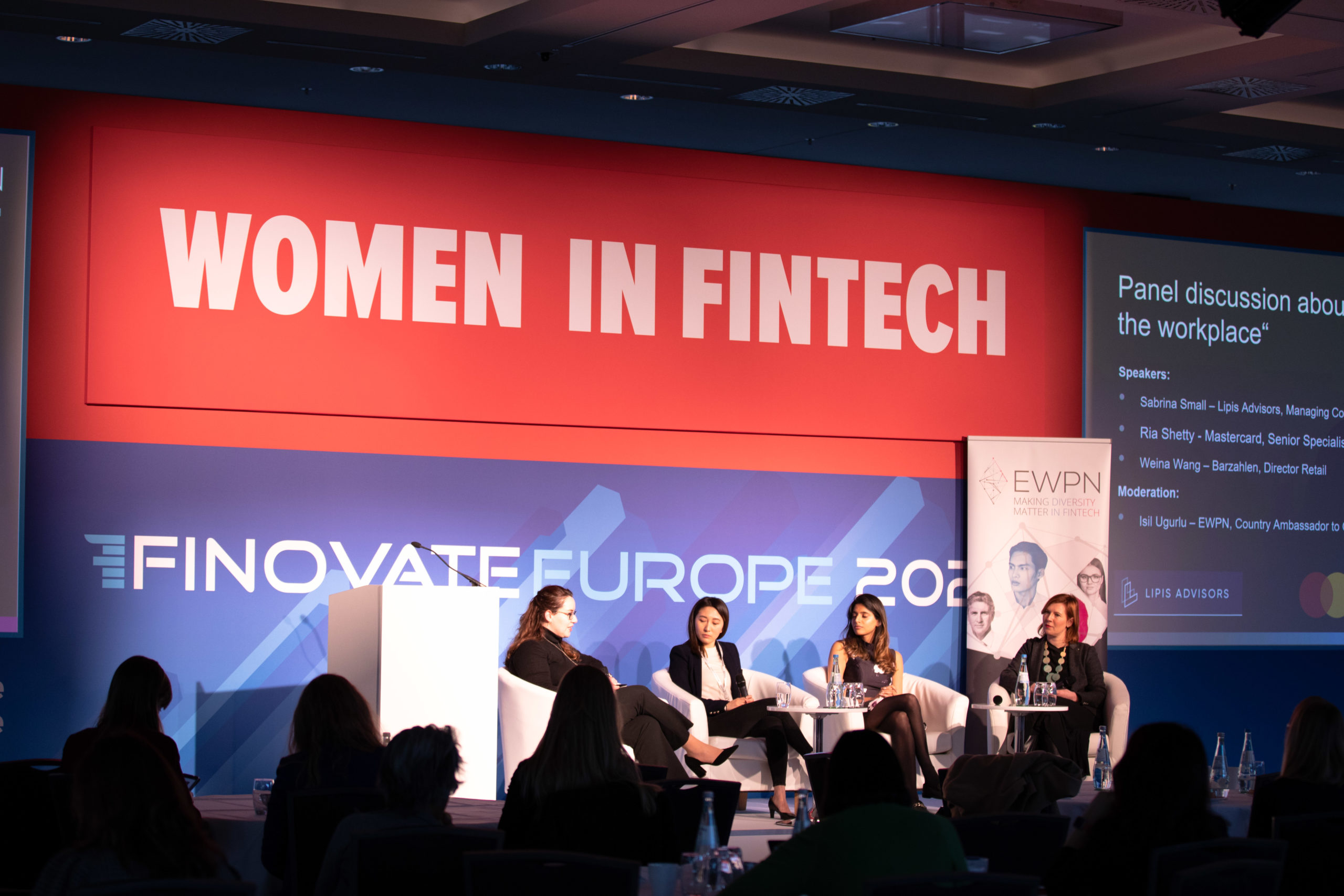

As part of our #WomeninFintech series, Finovate speaks to inspiring women about their career in financial services and technology, their unique insights into the challenges and solutions for the industry today, and their advice for the next generation of women leaders just starting out. Today, we join Lena McDearmid, COO at Artis Technologies, a provider of embedded financial services platforms for digital, point-of-need lending and payments. Lena helped launch the startup earlier this year with a mission to refine the consumer lending experience by merging the art of technology with the science of finance to create the best consumer experience possible.
What led you to fintech and specifically down a path toward acquiring the expertise you have now?
Lena McDearmid: It started with my mother responding to an ad in the paper looking for someone to manage short-term loans from retail locations. Here I, unfortunately, learned about the negative side of lending, but also how to build programs to help get people out of destructive cycles. This inspired me to move to Atlanta where I joined an online mortgage startup company.
However, in 2008, I could see a coming shift away from the trending jumbo hybrid real-estate loans into more stable and traditional loan types. With that foresight, I moved into conventional lending where I would diversify my underwriting experience with mortgage refinances, auto loans, personal credit cards as well as debt consolidation. I learned the importance of empathizing with customers’ needs and offering more customized products based on their unique loan usage.
From there, I went to a company that focused exclusively on underwriting auto loans, where I had my first realization of a “culture-first” experience proving that employees who are happy and positively impacted by their work culture are better able to focus on the customer’s experience. I believe completely that a customer’s experience is the most important part of business.
After my time there, I was then recruited to build out the credit department at GreenSky where, for the first time, I had direct contact with technology and could see what tech could do for my operations. I spent eight years going from credit operations, to project management, and finally to technical product ownership, before leaving to start Artis.
The journey of my career is one of constant learning and growth. I am a builder of companies, products, teams, and experience. Had I not had the good fortune to walk down so many different paths, there is no way that I would be here today having the confidence knowing that at Artis, we are building a company and products that are ultimately helping the consumer with more accessible financing, the most important part of business.
Where do you see the future of the fintech heading in the next 12 months?
McDearmid: Continually increasing reliance on big data and the ability to incorporate alternative data for better decision making, especially when it comes to credit. Stronger reliance on user experience and customizations per user.
How can the financial services industry humanize AI and gain the trust of its customers? How is Artis Technologies helping?
McDearmid: It starts with the data scientists and the data. We have to know, throughout the design process, that there are humans analyzing this data. We also have to know what data elements are sensitive and understand how biases can get into the models so that we can design bias-free models and analytics. Finally, we must study the outputs and analyze their impacts on humans to ensure there are no adverse effects.
What does being one of the company’s women co-founders mean to you? And how does this set the example for other women looking to break into the field?
McDearmid: It means a great deal; most of the women in my family were entrepreneurs and as a co-founder, I now feel as if I am in their company. I imagine that the more women see other women as co-founders and leaders, this will encourage them to strive for these roles, as the women in my family inspired me. Each light on a path makes the path a little brighter and easier to follow.
How are you tackling the challenges and redefining the role of women at Artis?
McDearmid: One of the reasons I co-founded Artis was because I saw an opportunity to overcome the typical challenges women face in being heard and seen as leaders. Because Artis is a startup, it’s given me the opportunity to help define, not redefine, the importance of women and diversity at our company from the beginning. All of which are supported by my other like-minded male co-founders.
Why is it important to have multiple voices in the room, and hold each other accountable throughout the journey?
McDearmid: Diversity leads to quality. The ability to draw on multiple perspectives and experiences enriches discussions and solutions. And, without accountability, there can be no real growth, honesty, or radical transparency. Through accountability, we hold ourselves to our standards and continue our growth — regardless of gender.
What advice would you give to women starting out in fintech now?
McDearmid: Find a mentor and advocate. Believe in yourself and be assertive while learning as much as you can about all aspects of the business and industry.






